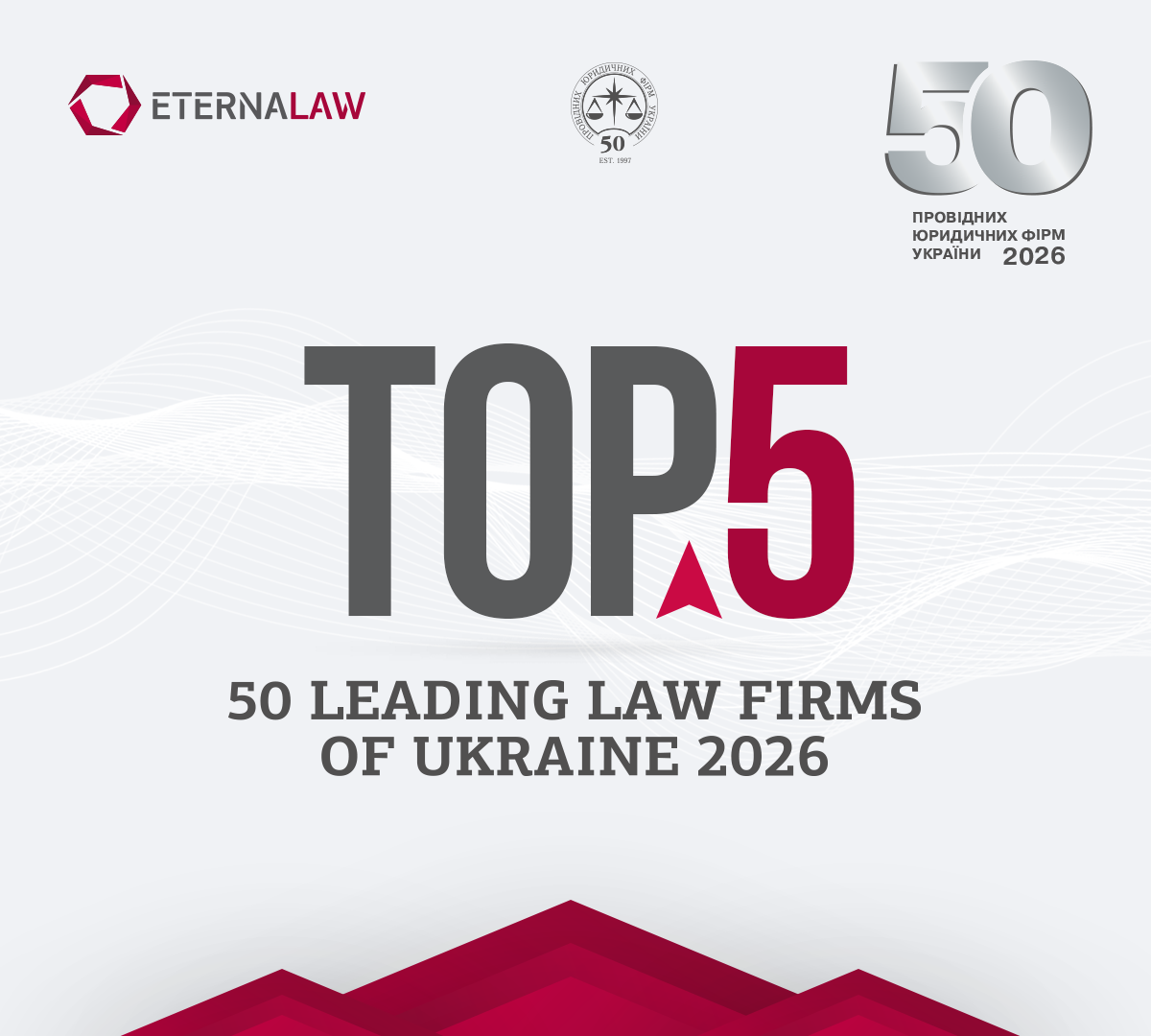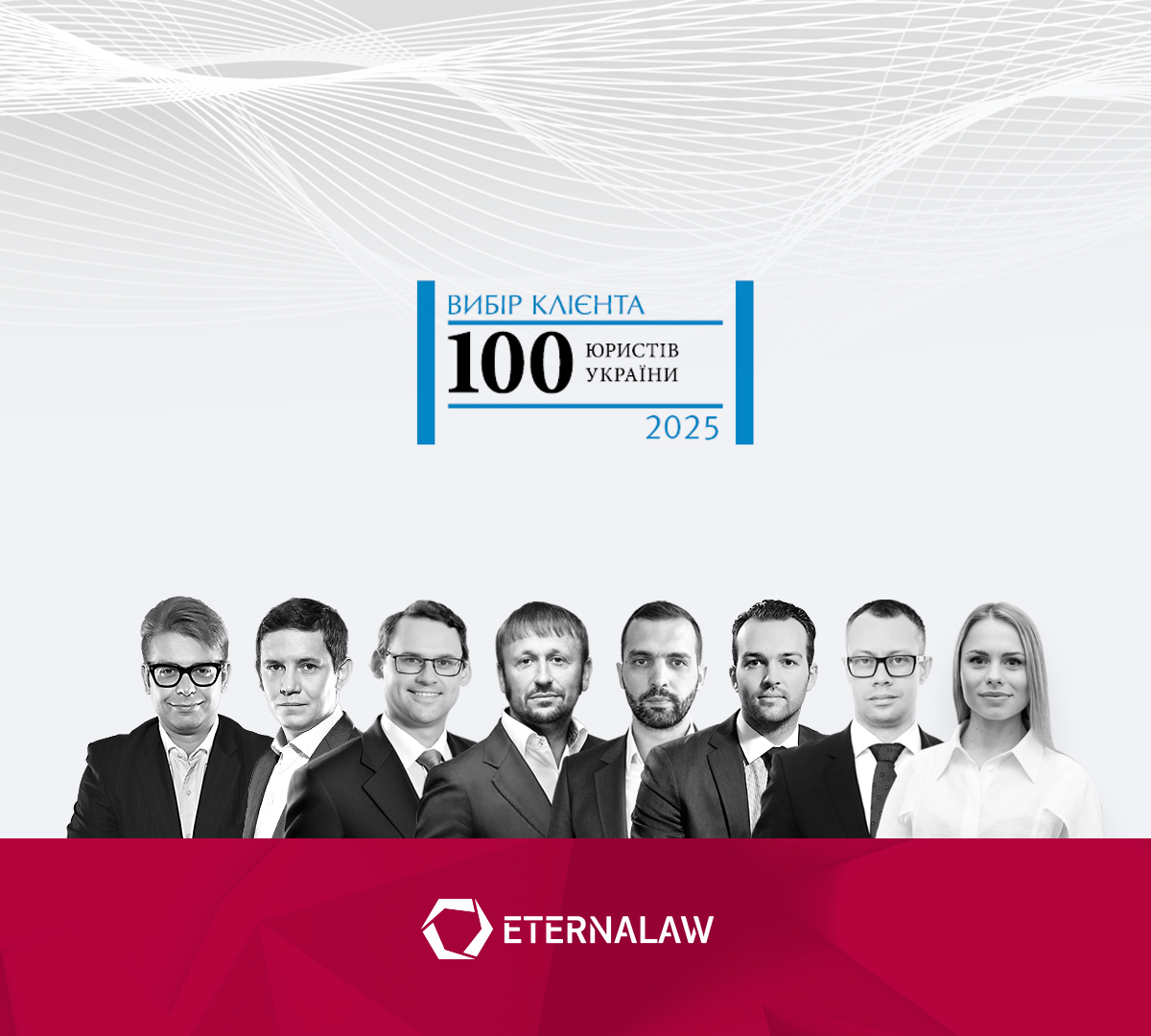So what is EU Blue Card?
EU Blue Card is a work and a residence permit for highly qualified Non-EU/EEA professionals and their family members that allows living and working in one of the European Union member state. Now Republic of Latvia is the country with an option to receive card most quickly – starting from five business days.
Objectives
The EU Blue Card Scheme is designed to make Europe a more attractive destination for professionals from outside the European Union. All EU member states, except the United Kingdom, Denmark and Ireland, participate in the EU Blue Card scheme.
Highly qualified persons have opted in the past for destinations such as the United States, Canada or Australia. The European initiative has a number of distinctive qualities that will help Europe become the world’s most favourite migration destination:
- Working and salary conditions equal to nationals
- Free movement within the Schengen area
- Entitlement to a series of socio-economic rights (e.g. unemployment benefit)
- Favourable conditions for family reunification
- Permanent residence perspective
- Freedom of association
To qualify for the EU Blue Card, you must hold a university or college diploma of a higher educational programme that lasted at least three years and must conclude work agreement to work in the same speciality as your education. Residence permit shall be issued with a term according to concluded agreement but no longer than five years. Another important moment is salary that shall be at least EUR 1227 EUR per month. Pre-registration of the job with the State Employment Agency (NVA) in not required, although your employer must first get approval of an invitation from the Office of Citizenship and Migration Affairs (OCMA).
When the employer’s invitation is approved, you should submit the application for a Blue Card to the consulate of the Republic of Latvia abroad or in Office of Citizenship and Migration Affairs if you already reside in territory of Latvia with valid visa. Once you have granted the permit, you and your family have access to the same rights as the citizens – education, working and living, social security aspects and freedom of association. After 18 months, you and your family members are allowed to move to another member state.
Q&A
Answers to the most common questions about getting the Blue Card are provided below:
- Am I eligible for the Blue Card?
If you are a non-EU citizen and you have completed at least the first stage of tertiary education or you have proven professional skills, then you are eligible. Make sure you take the first, essential step by adding your profile to the Blue Card Network.
- I’m in Europe on a student visa, am I eligible for the Blue Card?
Upon completion of your studies, you may continue your stay in Europe on the EU Blue Card. Many European countries provide possibilities to stay in Europe for a number of months after graduation to orientate on the labour market.
- Can the Blue Card provide permanent residency in the EU?
The time employed on the blue card, in various countries or in one, accumulates. After two to five years, depending on the country of residence, you can apply for permanent residency.
- Which nationals are excluded from blue card ownership?
Citizens of the European Economic Area (European Union, Norway, Liechtenstein, Iceland and Switzerland). Citizens of overseas countries and territories (OCTs) that have constitutional ties with EU member states, examples of OCTs are Pitcairn Island, Montserrat and Greenland.
- What will my salary be in the EU?
The EU Blue Card directive proposes that the employer pays the cardholder a salary of at least 1.5 times the average gross salary of the respective country. This is a ‘rule of thumb’. Exceptions exist, e.g. MINT professions (Mathematics/Information technology/Natural sciences/Technology) are paid at least EUR 38688 (2016) annually in Germany.
- Are there any language requirements for the EU Blue Card?
There are no language requirements defined by EU blue Card law. It may be helpful to be able demonstrate a level of proficiency with a local European language, but it is not an obligation.
Did we get you interested? You can contact us in order to find out your next steps!



